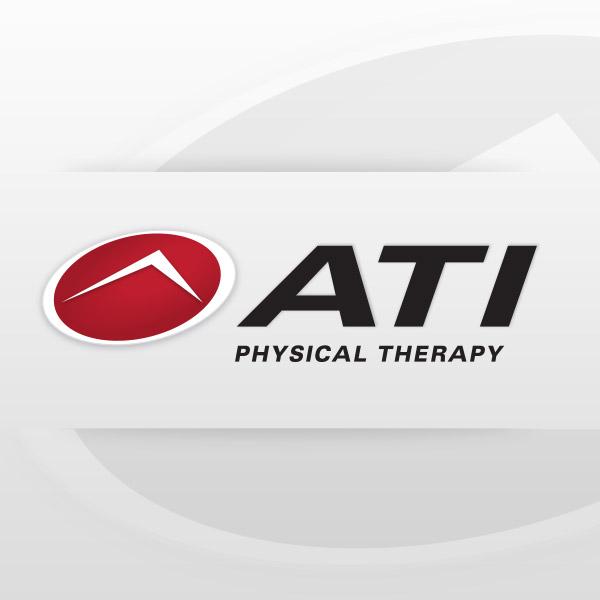
ATI Physical Therapy discusses posture, its importance and tips on improvement
“Straighten up!”
We’ve all heard it, either from our mother, or our teachers. And while we rolled our eyes, and pulled our shoulders back for a few moments, many of us went back to our slouching ways when they weren’t looking.
So years later, as we wonder why our back hurts, our shoulders hurt and our neck hurts, we think maybe mom was right!
Posture is the position of the body while sitting, standing or lying down. Gravity constantly exerts force on our joints, muscle and ligaments. When our posture is good, we are in correct alignment and gravity is distributed, not overstressing one particular structure of our body. When posture is bad, these joints, muscle and ligaments are out of alignment and under stress. Effects of bad posture may include pain, upper body and spinal injuries, and range of motion loss.
“Good posture is a vital component of healthy living, and improving posture is one of the easiest ways to reduce the chance of injury while maintaining an active lifestyle,” says Lucas Myers, a physical therapist and athletic trainer with ATI Physical Therapy in Westchester, IL. “When we see patients that come in with neck and upper body pain or injuries, the majority present with postural impairments during the initial examination. Addressing poor posture is a key component in therapy treatments in order to provide efficient and lasting relief from their symptoms.”
To correct posture, and maintain good posture, Meyers suggests checking your postural habits and following these tips, both at home and in the workplace:
Standing
- Use the balls of your feet to bear your body weight.
- Keep your feet shoulder-width apart, knees slightly bent and arms hanging naturally along the sides of your body.
- Your earlobes should be inline with your shoulders. Don’t push your head forward.
- Pull your shoulders back, and stand tall and straight.
- Engage your abdominal muscles, and tuck your stomach in.
- When standing for a long time, shift weight from one foot to the other, or from heels to toes.
Walking
- Keep your head up, eyes forward, with your chin parallel to the ground.
- Don’t push your head forward.
- Keep your shoulders back and aligned with the rest of the body.
- Touch the ground with your heel first to help ensure alignment and balance.
Lying or Sleeping
- Your mattress should be firm enough to keep your spine in a straight alignment, without compromising comfort.
- Sleeping on your back or side is preferred over your stomach.
- Use a pillow to fill the curve of your neck. Your head shouldn’t be higher or lower than your spine.
- If sleeping on your side, place a pillow between your legs.
- If sleeping on your back, place a pillow under your knees.
Sitting
- Be sure your shoulders are straight, your back is aligned against the chair, and avoid slouching or leaning forward.
- Be sure the chair is designed to support your low-and mid-back.
- When sitting at a desk, arms should be bent at a 90 degree angle at your elbows.
- Keep your knees and hips inline with each other, with your feet flat on the floor.
- Don't sit in the same position for too long. Get up, move around and stretch.
Driving
- Sit with your back aligned against the seat for proper back support.
- Adjust your seat so your arms have a slight bend when gripping the wheel, and your knees are even with your hips.
- The headrest should support the middle of your head.
If your posture has you in a painful slump, visit any ATI Physical Therapy clinic for a Complimentary Injury Screening. ATI will evaluate your injury, address your concerns, and provide you with options for continued care. Visit www.ATIpt.com for a location near you.
ATI Physical Therapy is a nationally recognized orthopedic rehabilitation provider, specializing in physical therapy, sports medicine, work conditioning/hardening (F.I.R.S.T.™), functional capacity assessments, aquatic health, hand therapy, and women’s health. With over 190 clinics in seven states (Indiana, Illinois, Ohio, Wisconsin, Maryland, Delaware and Pennsylvania) ATI is known for its motivating staff, hands-on, personalized treatment programs, exceptional results and innovative research-based programs.
